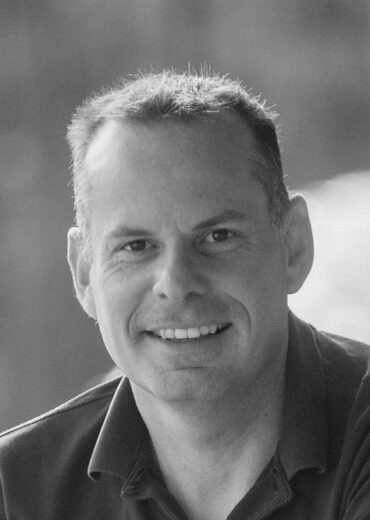Will AI doctors lead the personalised healthcare revolution?
We are living in a time of revolution. We’ve seen the enormous impact of the AI revolution with Large Language Models (LLMs) like ChatGPT, and also the weight loss revolution with GLP-1 agonists like Semaglutide and related obesity drugs. Next in line is the longevity revolution.
At the forefront of this coming revolution we find Dr Gil Blander, a man who as founder and chief scientific officer of InsideTracker has been working on expediting this revolution since 2009, far before it became mainstream. In this fascinating and insightful interview we hear about cutting edge developments in personalised health like HealthGPT, the profound implications of nascent anti-ageing breakthroughs, and how they’ll fuel the upcoming longevity revolution.
InsideTracker analyses users’ blood biomarkers, DNA, and lifestyle data to create tailored health plans, ultimately leading to the development of revolutionary HealthGPT technology. The benefits of using Inside Tracker are clear: users report significant improvements in key health metrics such as glucose levels, cholesterol, and inflammation markers, translating directly into better physical performance and overall wellbeing. These insights are only improving as more data is collected; this data (access to large amounts of data is fundamental to the success of machine learning) can then be leveraged to provide the most impactful information to inform the user.
This, combined with incorporating the latest and most reliable information from experts in fields such as biology, nutrition, exercise physiology, and computer science means Inside Tracker represents the tip of the spear in this revolution. Just to give you an idea of the scale involved here, Inside Tracker has already curated over 7000 clinical studies and more than 10 billion (yes, billion) data points – a combination which has so far helped over 100,000 users.
In our exclusive Unfiltered interview Dr Blander reveals the broader implications of anti-ageing research, how it relates to other developments, and how it can help you not only live for longer (lifespan), but also remain healthier and delay the onset of so called ‘diseases of ageing’ (healthspan).
As Dr Blander details, we now have access to technology and insights that only a few years ago would have been consigned to the realms of science fiction. So the question we all must now ask ourselves is not whether a revolution is coming, but whether you want to be a part of it.





